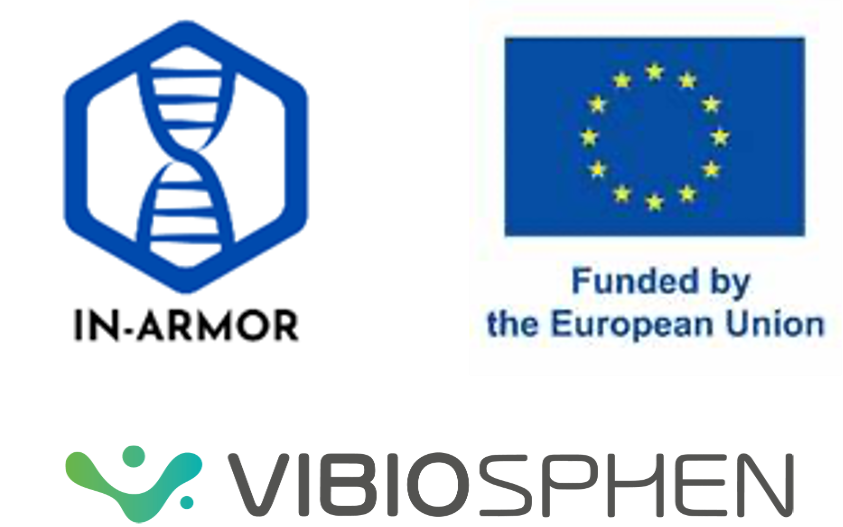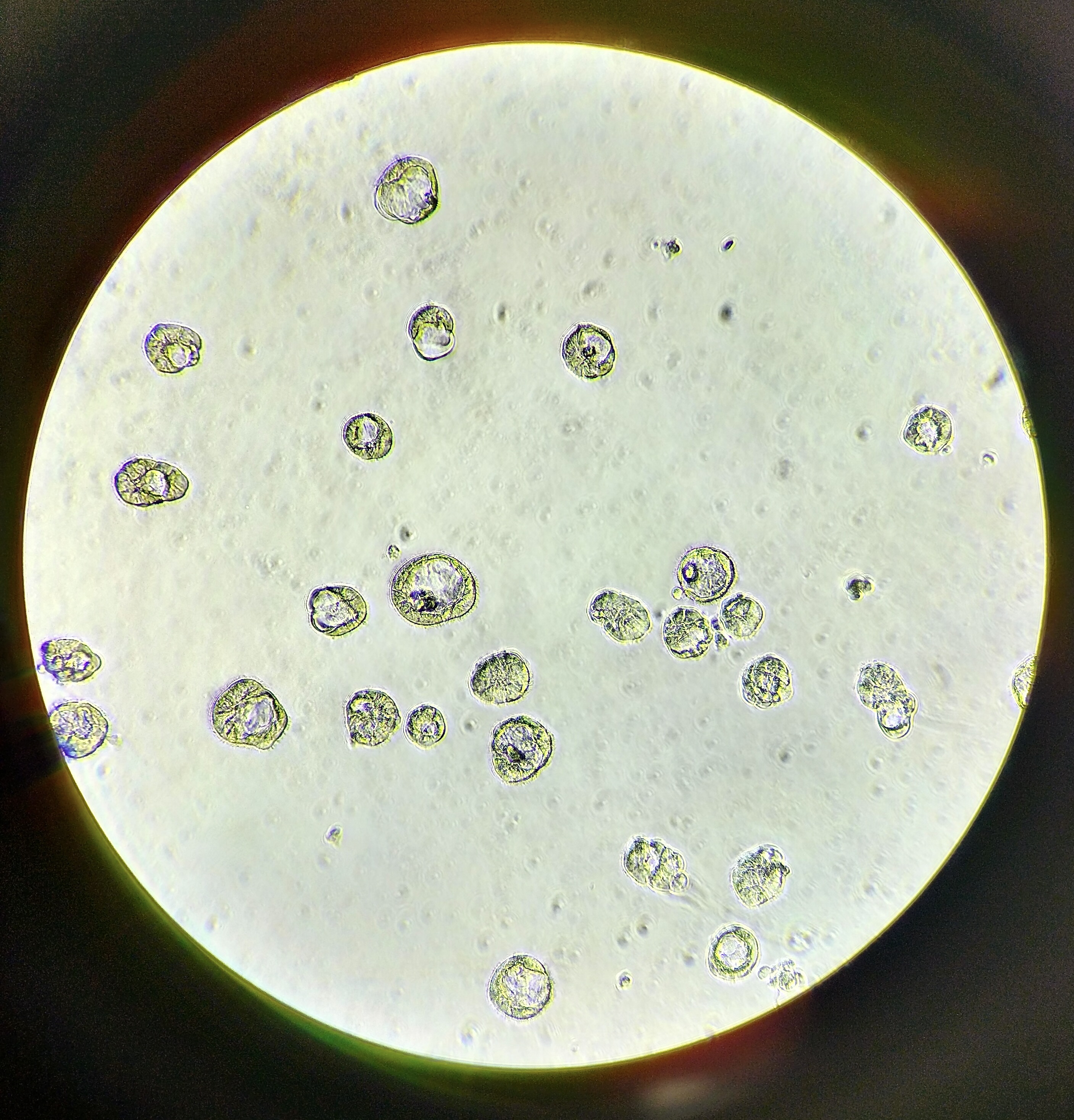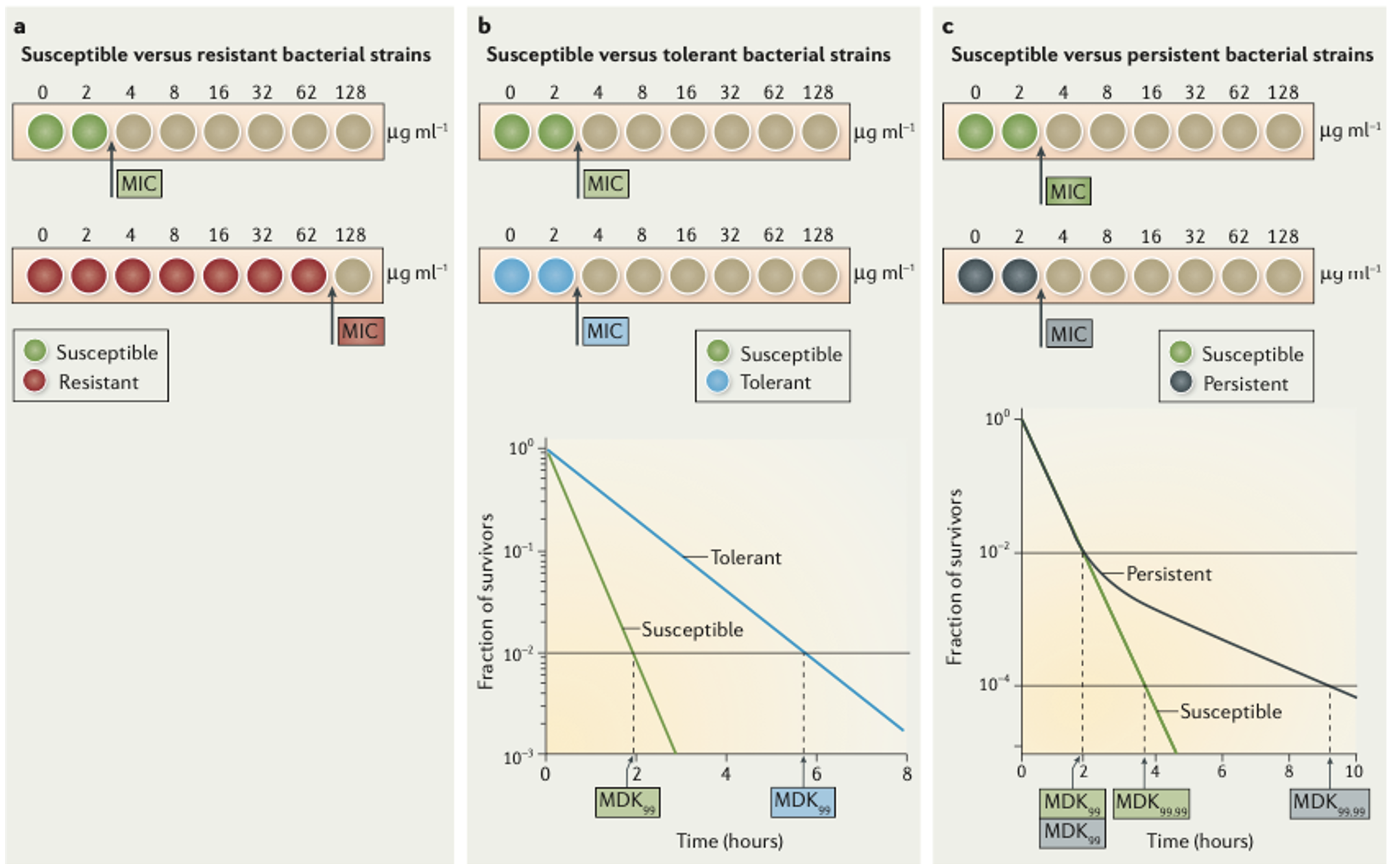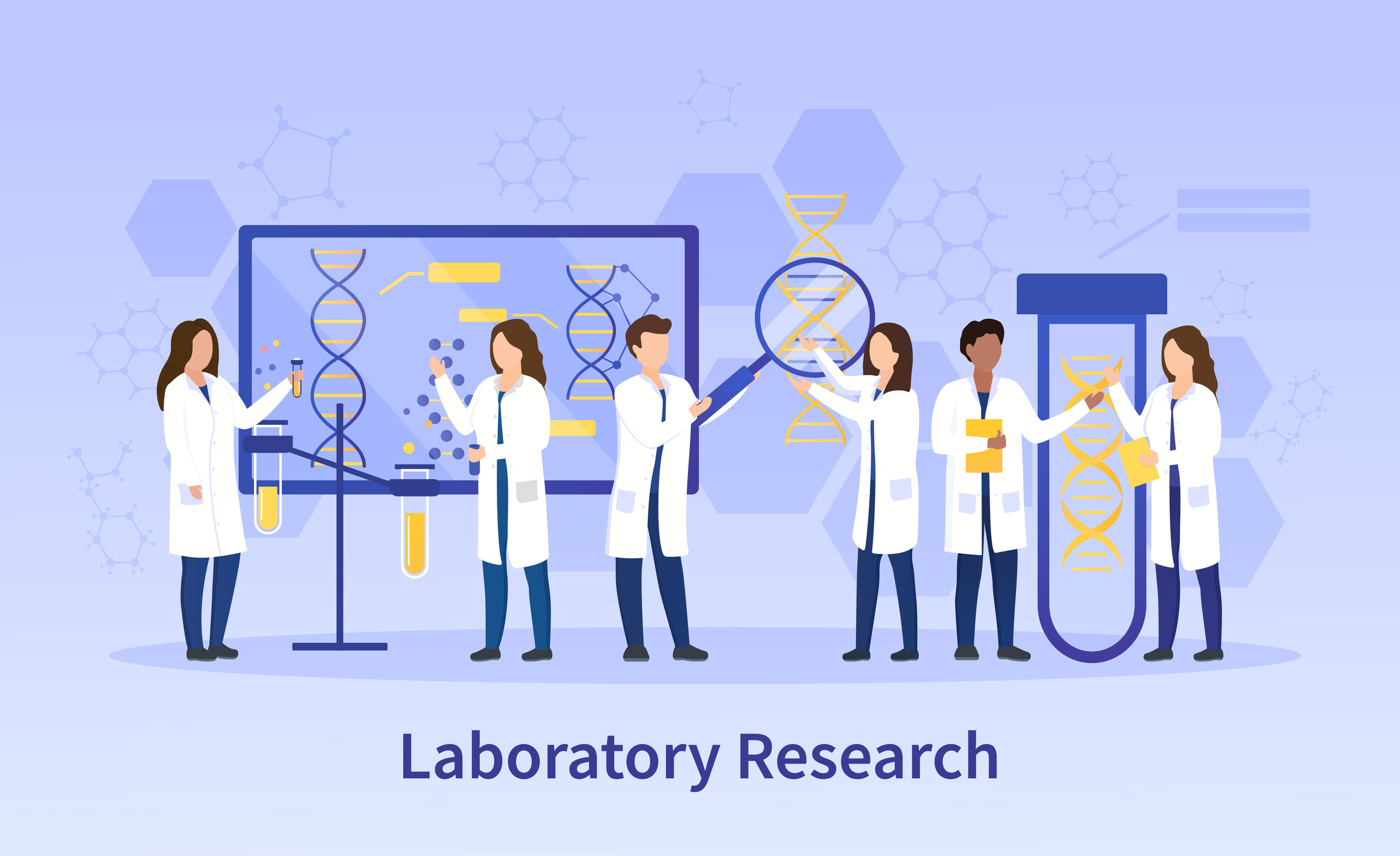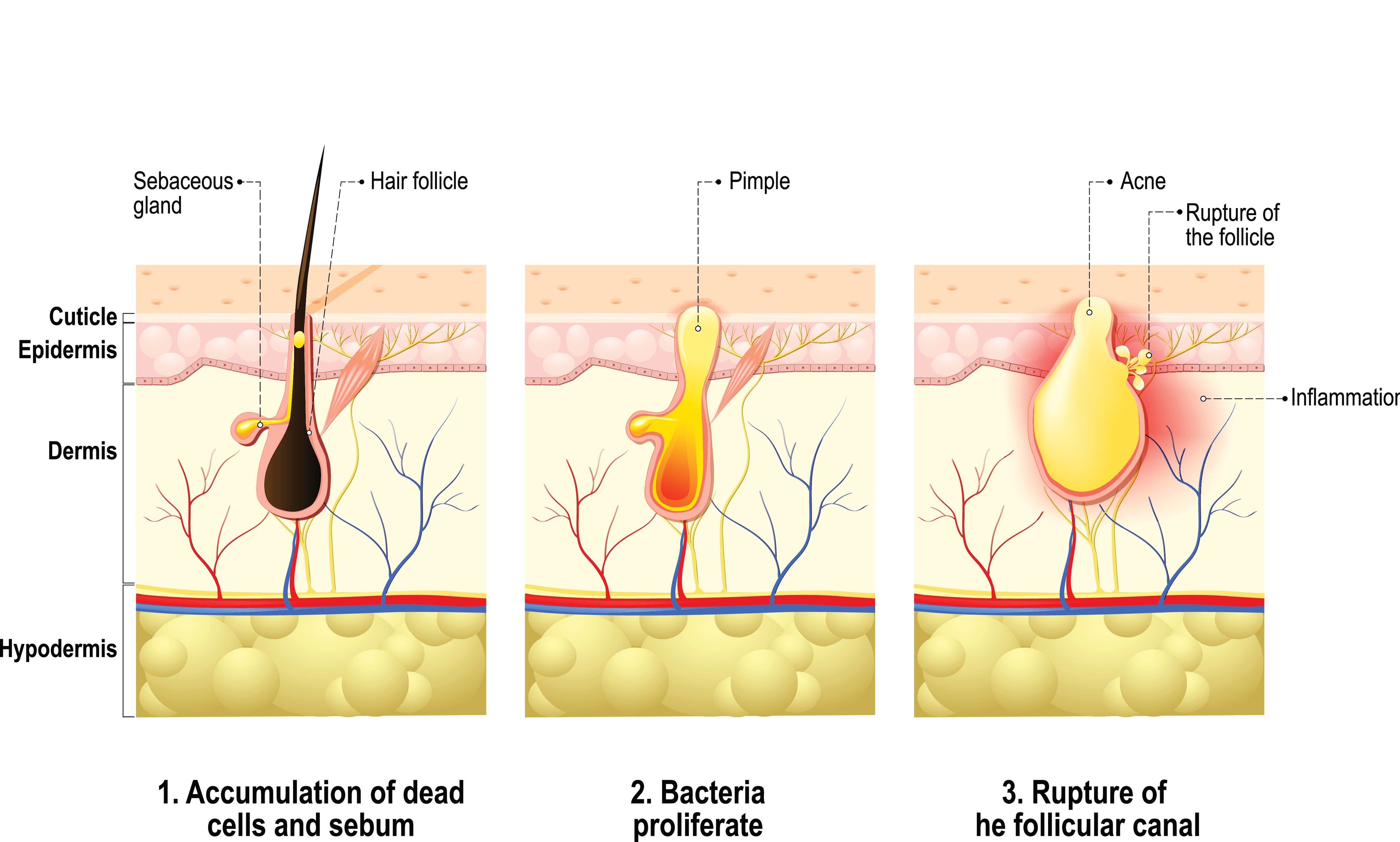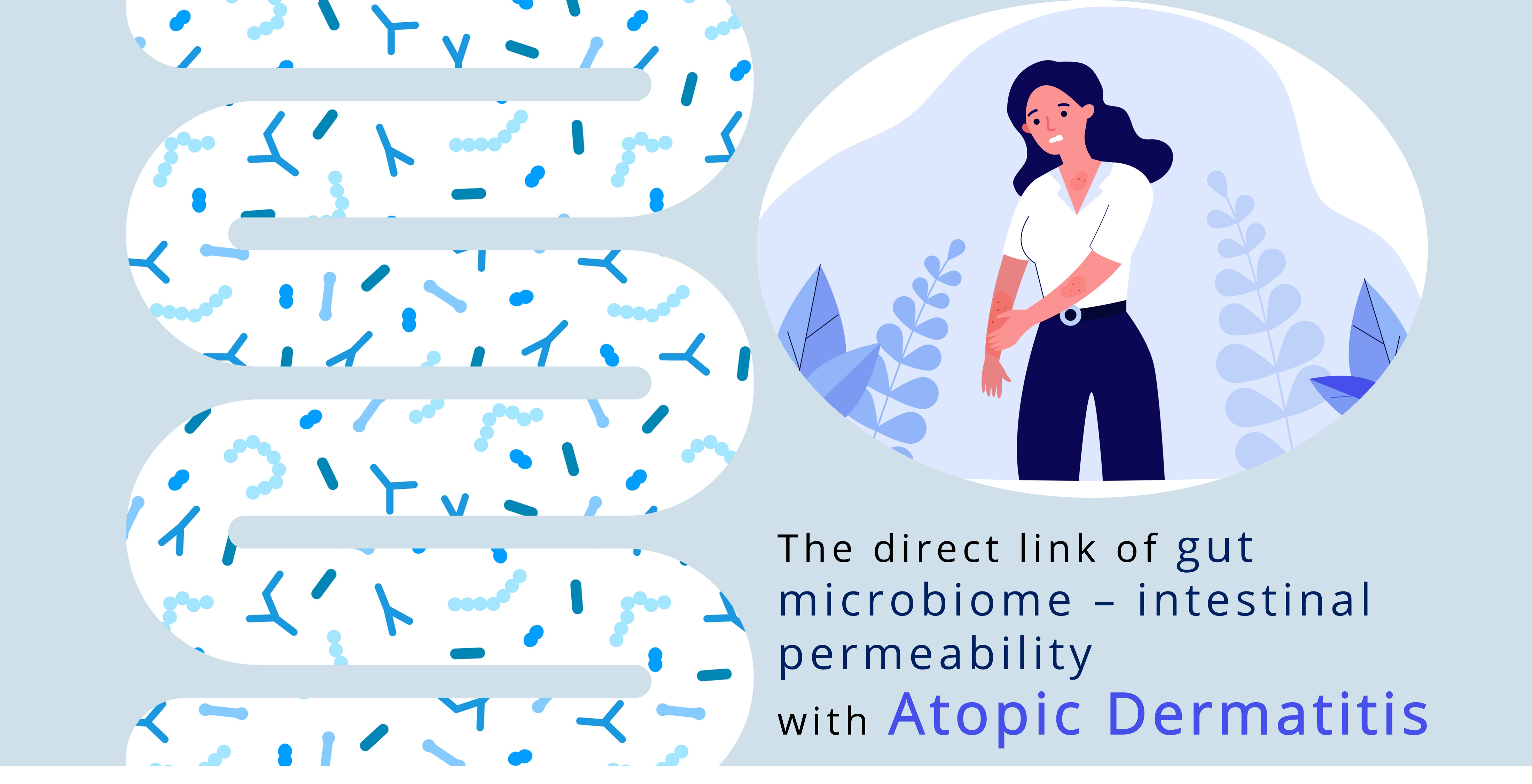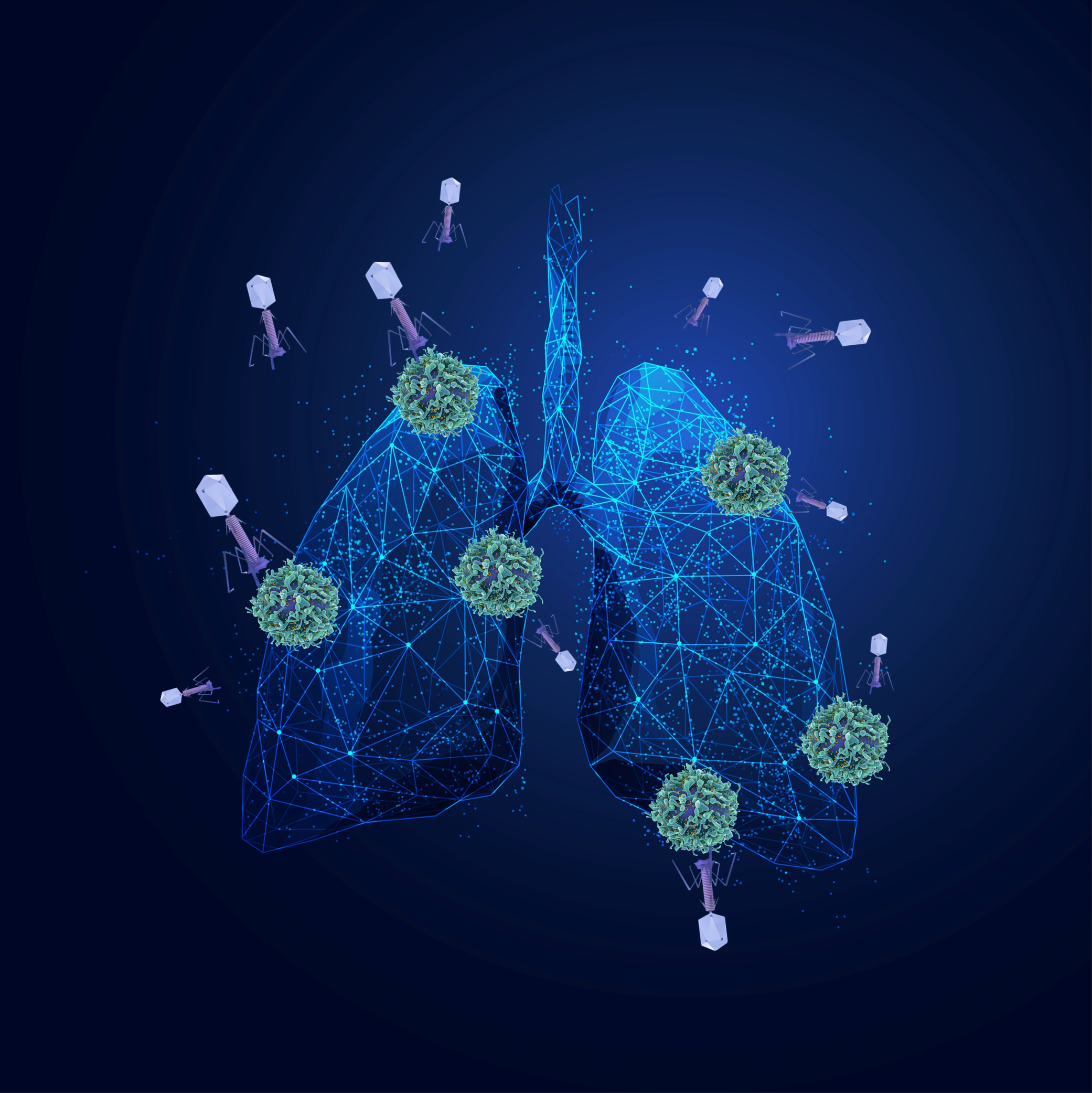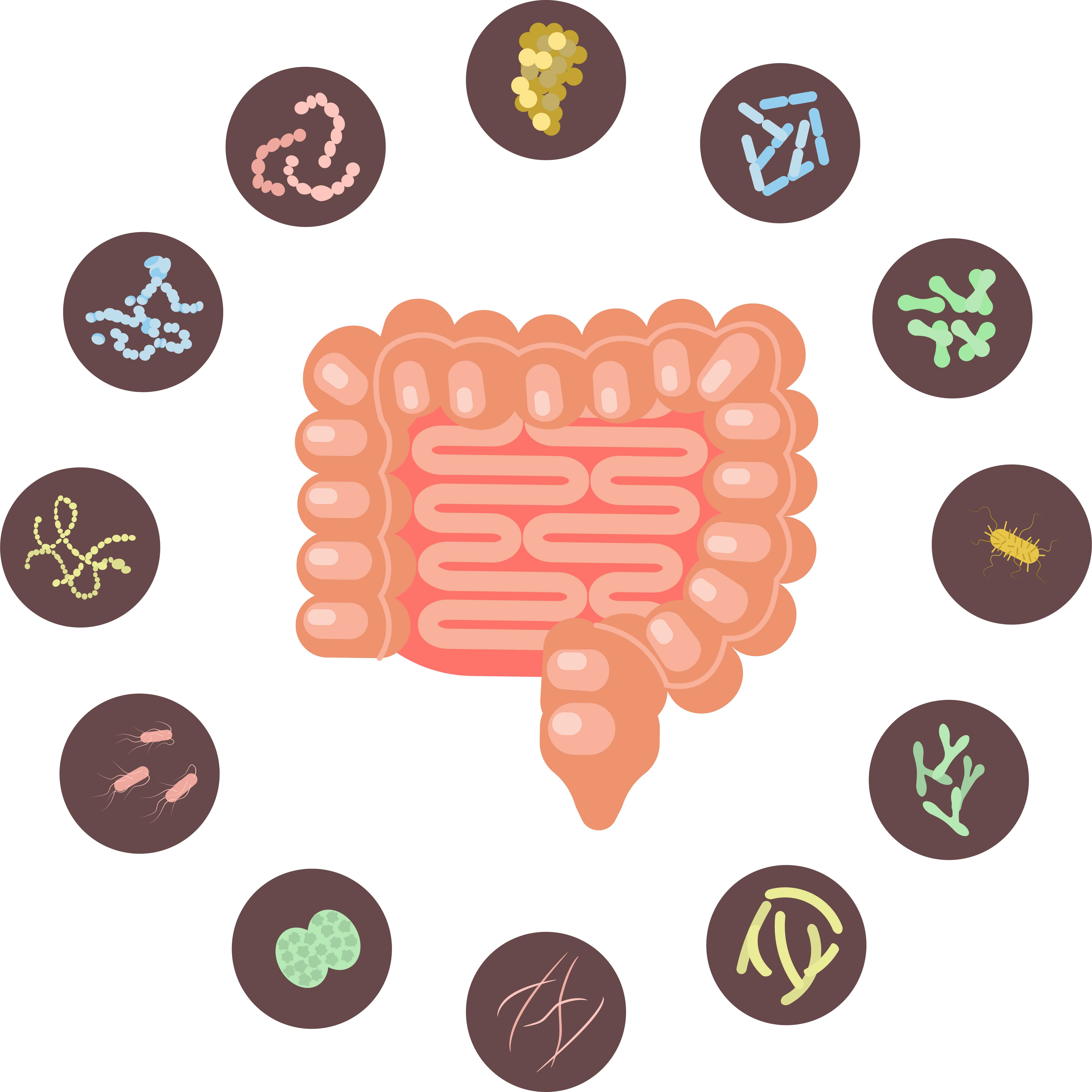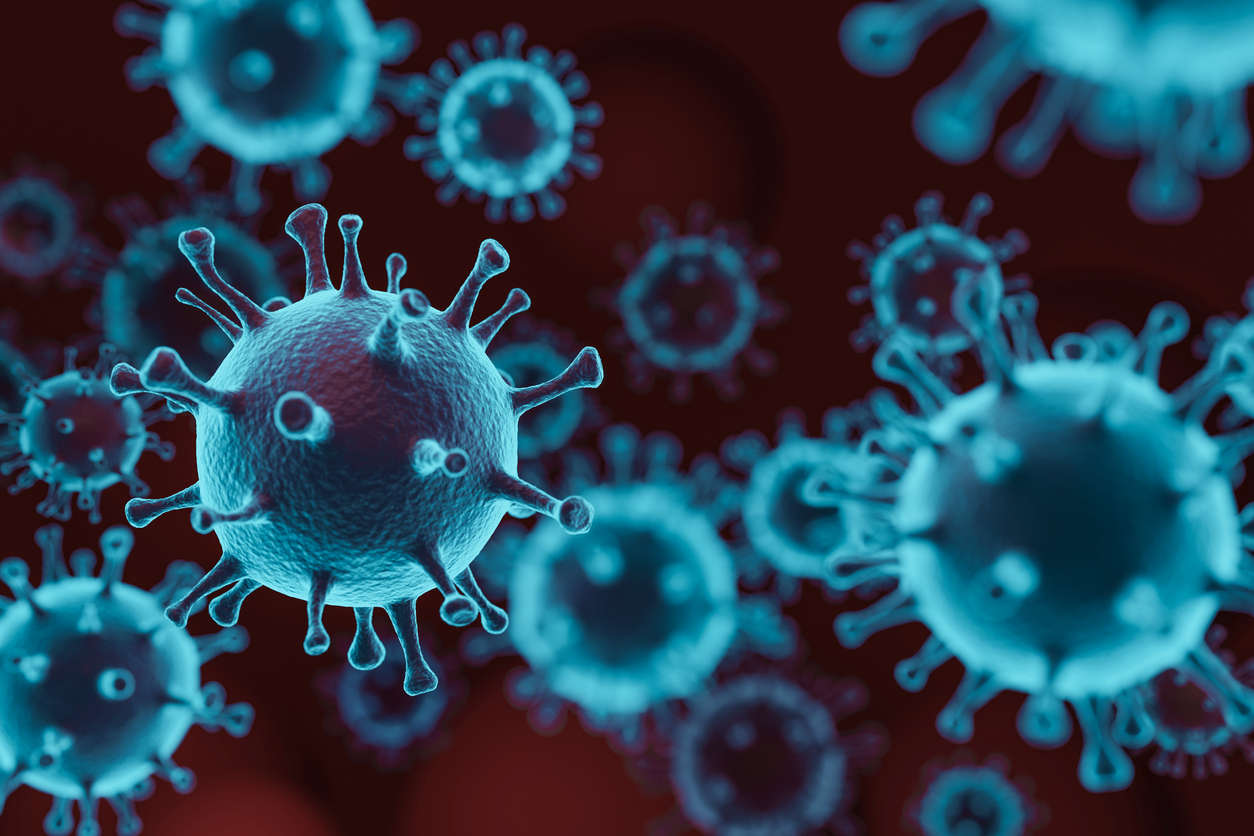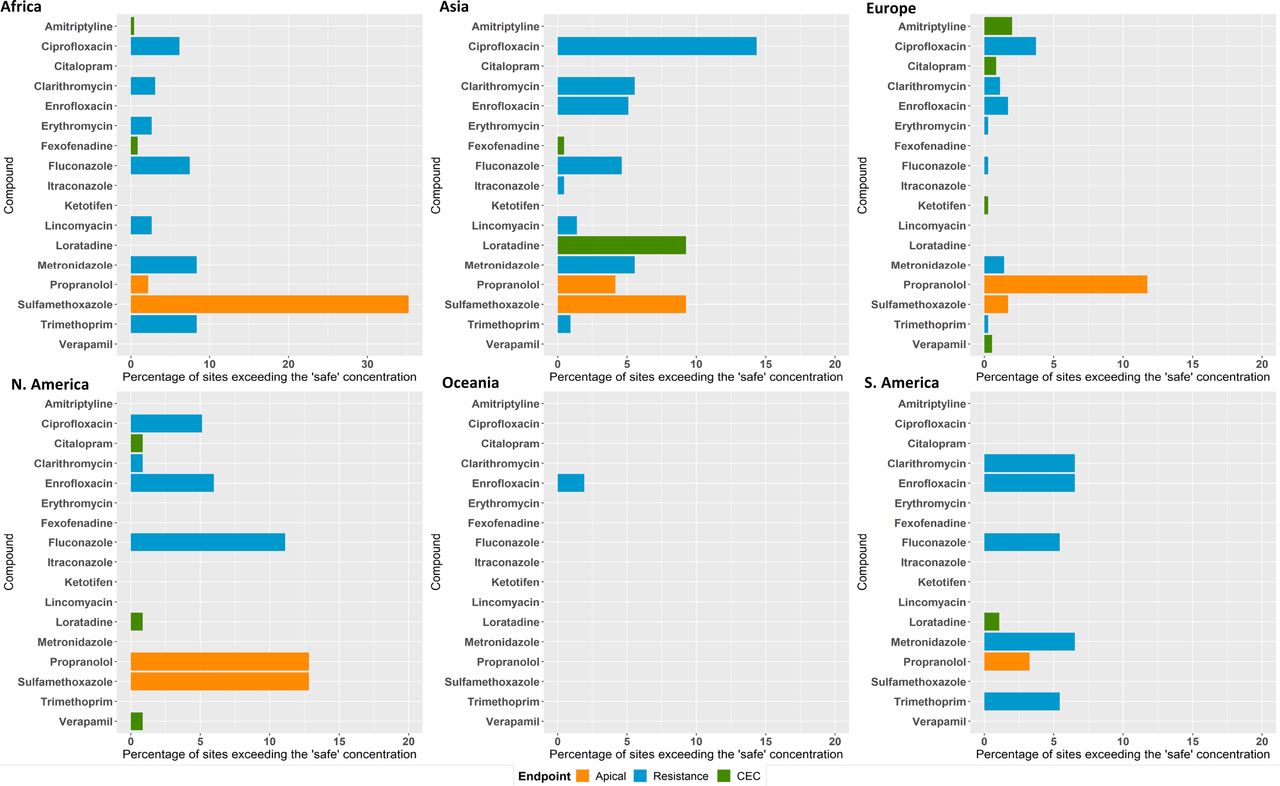Blog
Find out more on articles related to infectious diseases : Bacteria - virus - fungi.
The 6M € granted to IN-ARMOR project will optimize an already developed drug platform using Computer Aided Drug Design.
Vibiosphen’s constant objective is to develop innovative and translational experimental models that would ultimately result in the decrease of the number of animals used for preclinical testings.
By zooming in the mechanism that bacteria use to escape the antibiotics, we find three different subgroups – resistance – tolerance – persistence.
Distinguishing these three groups is key in the fight against bacterial infection.
A collaboration between 3 players : L’oréal – Qima – Vibiosphen
Our last collaboration led to a great publication to understand the aetiology of dandruff, and specifically the role of Malassezia restricta.
Acne vulgaris is a common inflammatory disorder affecting more than 80% of young adolescents. Cutibacterium acnes plays a role in the pathogenesis of acne lesions, although the mechanisms are poorly understood.
Recent advances in sequencing technology have demonstrated that the development of AD not only associates with the skin microbiome, but also with gut microbiota. In other words, unbalanced gut microbiome or intestinal permeability may lead to a loss of integrity of the skin barrier that might trigger predispositions to atopic dermatitis in this case.
Organoids are miniaturized in vitro organ models that are derived from stem cells. They can be established from two sources of cells: adult stem cells (ASCs) or induced pluripotent stem cells (iPSCs). The organoids are formed by generating 3D aggregate through the cell culture.
Cystic fibrosis is an inherited disease that causes a buildup of thick mucus in the lungs, leading to repeated bacterial infections that damage the lungs and can cause respiratory failure.
Adding to this problem when the bacterial infection become resistant bacteria the treatment of the patient become really challenging.
On the one hand, antibiotics are one of the most powerful tools to save lives. The breakthrough that saved many lives also gets its dark side. Despite the decreasing efficacy in the treatment of patients and the rise of resistance due to the misuse of antibiotics and not of antibiotics themselves, scientists have found a real downside: the impact on the gut microbiota.
“a growing number of studies are finding that even a short course of antibiotics can alter the makeup of the bacterial species in the gut.”
A direct link between climate change and infectious diseases can be explained by one notion: the one health concept.
As a reminder, the one health concept is a concept that stand for the interconnection of human – animal and environment health. Dysregulating one aspect can have an impact on others. In this specific case, the three notions of health are interconnected. As a consequence of climate change, scientists predict that wild animals will be forced to relocate their habitats and will most likely be closer to human population or to farmed animals.
A valid animal model of SARS-CoV-2 infection and its complications might shed light on the pathophysiology of the disease and can be used for assessing the efficacy and safety of novel antiviral compounds.
At Vibiosphen, we reproduced a mouse model of SARS-CoV-2 infection [1] and modified it to better define key post-infection immunological abnormalities. For this purpose, 7-week-old transgenic (K18-hACE2)2Prlmn male mice were intranasally challenged with a lethal dose (200 PFU/mouse) of SARS-CoV-2 (Wuhan strain).
In almost 1 / 4 of the sites monitored worldwide, the concentrations of medicine found in rivers exceed the levels recommended preserving aquatic biodiversity or to prevent antibiotic resistance: that is one of the outcomes of a study performed through the University of York (United Kingdom), in collaboration with 86 studies institutes, including the National Research Institute for Agriculture, Food and the Environment (Inrae) in France.
Pagination
Catégories
Pagination
- Page précédente
- Page 2
Archives
- novembre 2021 (1)
- décembre 2021 (2)
- janvier 2022 (3)
- février 2022 (2)
- avril 2022 (1)
- mai 2022 (3)
- juin 2022 (1)
- octobre 2022 (1)
- décembre 2022 (1)
- février 2023 (1)
- avril 2023 (2)
- mai 2023 (1)
- août 2023 (1)
- septembre 2023 (1)
- avril 2024 (2)
- mai 2024 (1)
- mars 2025 (1)
- mai 2025 (1)
- juin 2025 (3)
- juillet 2025 (1)
- octobre 2025 (1)

